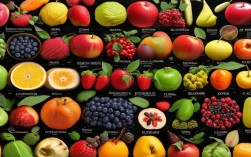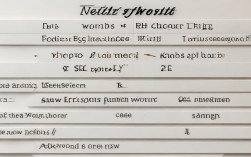There’s something magical about baking—the way flour dusts the counter like fresh snow, the rich scent of vanilla curling through the air, the satisfying crack of caramelized sugar. For those who love crafting desserts, the language of baking is just as delightful as the treats themselves. Certain English words capture the essence of this craft perfectly, evoking textures, flavors, and techniques in ways that make any baker’s heart flutter.
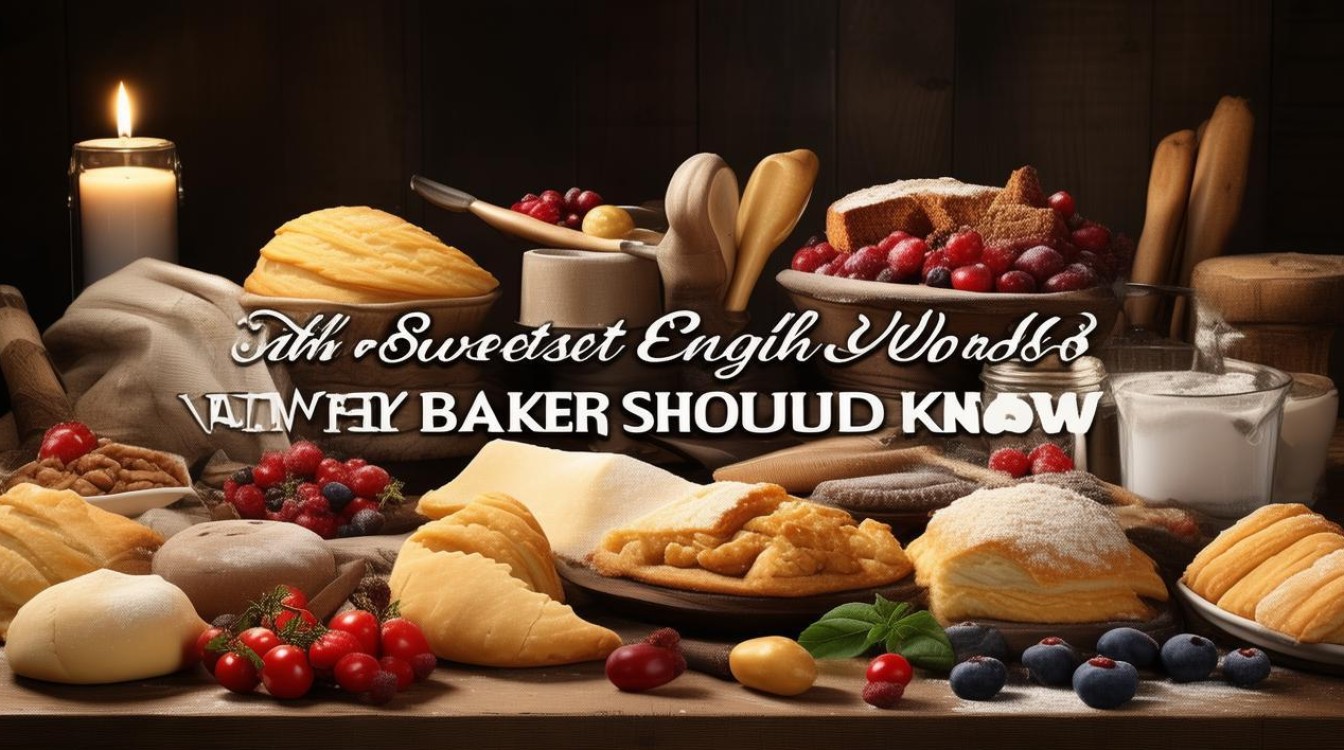
Caramel
Few words sound as luxurious as caramel. The way it rolls off the tongue mirrors the slow, golden drip of melted sugar transforming into silky ribbons. Whether you’re making flan, drizzling it over apples, or folding it into brownies, this word embodies indulgence. The French-inspired spelling (caramel) feels elegant, while the American two-syllable version (car-mel) carries a homey warmth—both versions delicious in their own right.
Whisk
Short, crisp, and efficient—whisk sounds exactly like the quick, airy motion it describes. The sharp k at the end mimics the wire loops tapping against a bowl, blending eggs into a frothy lather or smoothing out lumps in batter. It’s a word that means business, yet it’s playful too, like the tool itself dancing through cream.
Meringue
Light as a sigh, meringue floats on the palate just like the delicate peaks it forms. The soft m, the whispery -ingue—it’s a word that feels like biting into a cloud. Whether you’re making French, Swiss, or Italian meringue, the term itself is a tiny celebration of sugar and air.
Crisp
A single syllable that snaps with satisfaction. Crisp describes the perfect cookie edge, the glazed top of a crème brûlée, or the lattice of a well-baked pie crust. It’s a word that promises texture, that moment when teeth meet resistance before yielding to tenderness underneath.
Molten
Lava cakes owe their fame to this word. Molten—thick, slow, oozing—conjures images of dark chocolate cascading from the center of a dessert. The mol- suggests warmth, while the -ten lingers like the last traces of sauce on a spoon.
Zest
Bright and zingy, zest isn’t just a flavor—it’s an attitude. The word itself is punchy, the sharp z followed by the energetic est, much like the citrus oils bursting from a microplane. A sprinkle of lemon zest can lift a buttercream; the word does the same for baking vocabulary.
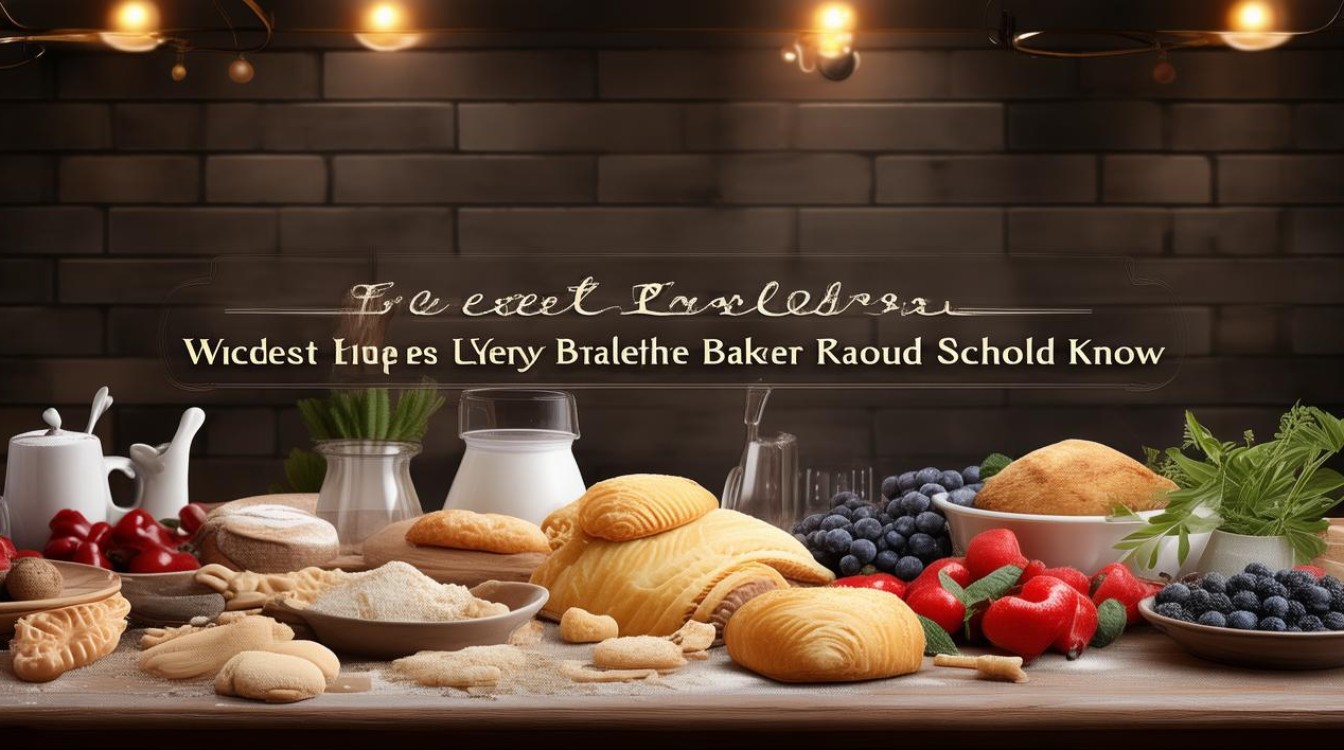
Fluffy
Say it out loud: fluffy. The double f makes it sound pillowy, the -y ending trailing off like steam from a fresh muffin. It’s the texture of whipped cream, sponge cake, and properly creamed butter—airy, soft, and utterly comforting.
Glaze
Smooth and glossy, glaze slides off the tongue like the shiny coat it describes. Whether it’s a mirror glaze on a cake or a simple powdered sugar drizzle, the word feels polished and effortless, just like the technique.
Crumb
A humble word with enormous importance. Crumb refers to the tender interior of cakes and breads—the fine, moist network that defines quality. It’s a small word with big implications, the difference between dense and delicate.
Dust
Gentle and fleeting, dust is what happens when powdered sugar drifts over a dessert like the lightest snowfall. It’s also a verb—dust the pan with flour—making it a quiet but essential part of baking language.
Fold
Precise and careful, fold is the art of blending without deflating. The word itself has a measured rhythm, much like the motion of a spatula turning batter over whipped egg whites. It’s a term that demands patience and rewards with perfect soufflés and chiffon cakes.
Caramelize
A slow, transformative process packed into one word. Caramelize means sugar deepening into amber, onions turning golden and sweet, the edges of fruit intensifying in flavor. The -ize suffix makes it feel scientific, but the result is pure magic.
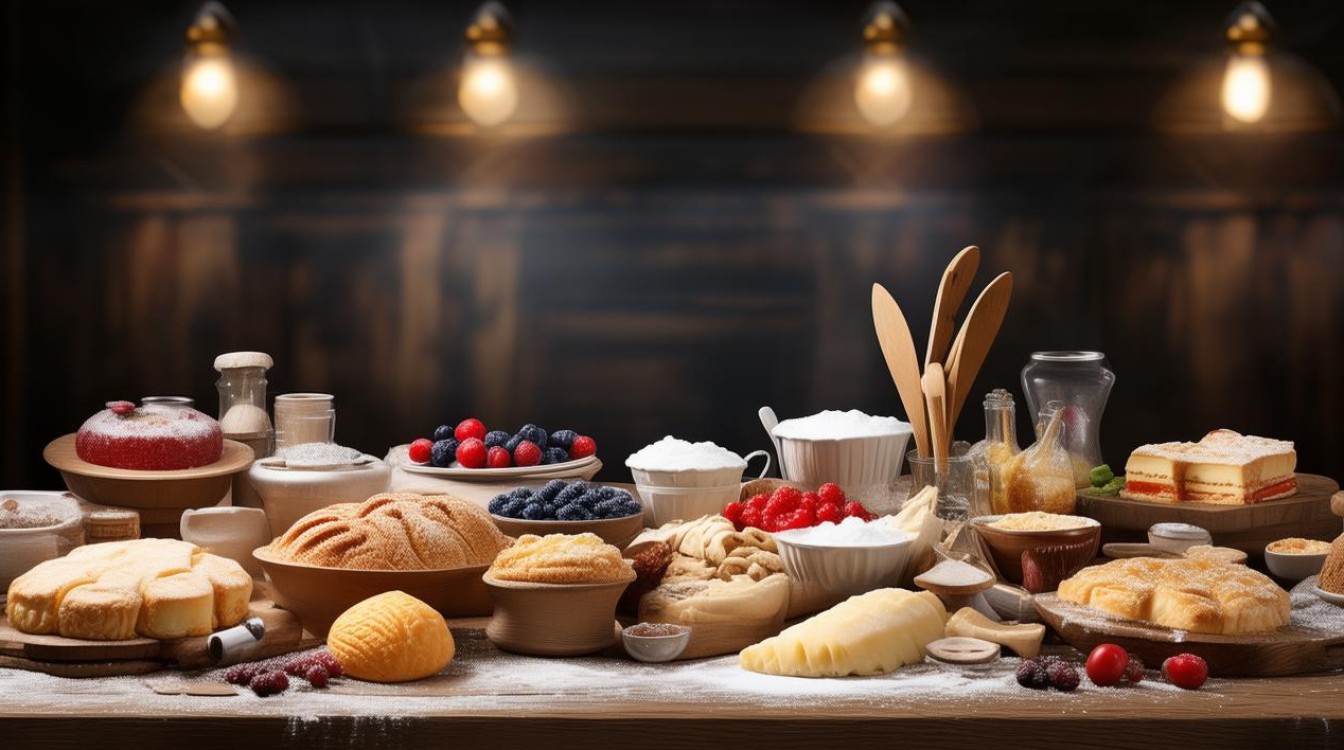
Velvety
Some words taste as rich as they sound. Velvety describes the lush texture of mousse, pudding, or perfectly tempered chocolate. The v and l create a smooth, flowing sound, mimicking the sensation on the tongue.
Knead
A sturdy, rhythmic word for a sturdy, rhythmic action. Knead has weight to it, the long ea stretching like dough under pressing palms. It’s the foundation of bread-making, a word that means effort and reward in equal measure.
Sprinkle
Playful and whimsical, sprinkle is the sound of tiny candies or rainbow nonpareils scattering over frosting. The spr- suggests movement, the -inkle a light, cheerful finish—just like the decoration itself.
Custard
Warm and comforting, custard feels like a hug in word form. The cus- is soft, the -tard grounding it, much like the creamy dessert that wobbles just right when nudged.
Puff
A word that seems to expand as you say it. Puff is the sound of pastry rising in the oven, steam lifting layers into flaky perfection. It’s brief but full of promise.
Drizzle
Thinner than a pour, more delicate than a splash—drizzle is the graceful descent of honey over yogurt or chocolate over strawberries. The zz hums like the steady stream from a spoon.

Crackle
The sound of sugar crusts shattering, of gingerbread snapping under pressure. Crackle is an onomatopoeia, the word itself breaking apart just like the textures it describes.
Melt
Simple and universal. Melt is butter pooling in a pan, chocolate surrendering to heat, ice cream softening at the edges. The short, open sound makes it feel inevitable—warmth always wins.
Baking is as much about language as it is about ingredients. These words don’t just describe techniques and textures; they evoke the joy of creating something sweet. The next time you whisk, fold, or drizzle, listen to the words as closely as you measure the sugar—they’re part of the recipe too.

